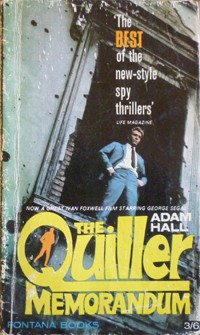
 In 1965, writing under the pseudonym of Adam Hall, Elleston Trevor published a thriller which, like Ian Fleming’s Casino Royale before it, was to herald a change in the world of spy thrillers. The novel was titled The Berlin Memorandum and at its centre was the protagonist and faceless spy, Quiller.
In 1965, writing under the pseudonym of Adam Hall, Elleston Trevor published a thriller which, like Ian Fleming’s Casino Royale before it, was to herald a change in the world of spy thrillers. The novel was titled The Berlin Memorandum and at its centre was the protagonist and faceless spy, Quiller.
The setting is Cold War-divided Berlin where Quiller tackles a threat from a group of neo-Nazis who call themselves Phoenix. Their aim is to bring back the Third Reich. Quiller works for the Bureau, an arm of the British Secret Service so clandestine that no-one knows it exists. It’s there to tackle the dirty jobs, and Quiller is the Bureau’s go-to guy. When their back’s against the wall, it’s him they turn to. The mission in Berlin is a mess, two of the Bureau’s spies have been murdered already by the shadowy Phoenix.
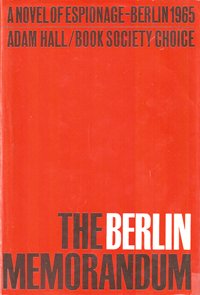 Neo-Nazi plot
Neo-Nazi plot
When Quiller arrives in the city his handler gives him three items found on a dead agent: tickets to a swimming pool and a bowling alley along with a newspaper cutting. The latter reveals a local teacher has been unmasked as a Nazi. Quiller investigates, but he’s being followed and has been since the moment he entered Berlin. The Phoenix group descend and take Quiller, torturing him to find out what he knows. Is Quiller going to wind up dead too? And will the world see a return of Nazi power?
Elleston Trevor wrote 19 novels in the highly successful Quiller series. They were so popular that in 1966 a film was made – the title was changed to The Quiller Memorandum and from then on all future copies of the book were published under this title, rather than the original. The film starred George Segal in the lead role, with Alec Guinness supporting and was nominated for three BAFTAs. The screenwriter, Harold Pinter, no less, received an Edgar nomination. There was also a TV series in 1975. All of that, and today the novels are largely forgotten.

George Segal as Quiller.
There are a number of unique elements in the Quiller series that make it stand out. First is the protagonist himself. Quiller is a code name. He is the true faceless spy. Because the books were written in the first person the reader learns very little about him, beyond his mission capability. We never find out his true identity or his history. Another is Quiller’s refusal to carry a weapon – he believes it lends the operative an over-confidence and can give the opposition an opportunity to turn your firearm against you. In fact, he is derisory about agents who insist on being armed. He also works alone and without contacts. That way there’s no-one to betray him to the other side. He’s lone wolf who lives or dies by his own actions – a very clean and principled approach to espionage.
The mind of the spy
What Adam Hall did extremely well was to get us readers inside the mind of an undercover operative. This is achieved via Quiller’s first person perspective. Our hero delivers a running dialogue with his own unconscious mind, assessing the threats, his potential responses, his plans. Hall also peppered the text with authentic espionage jargon and as you read you get to live the part of Quiller. For example operatives are referred to as ferrets, and that’s what they are. Nimble, sharp-toothed and sometimes they have to bite and claw their way out of a dark hole.
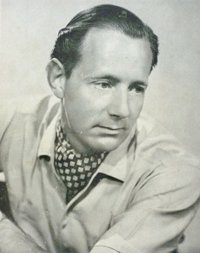 In terms of style The Quiller books are taut and written with narrative pace at the forefront. The sentences are generally clipped and abrupt, reminiscent of Simon Kernick’s style where not a word is wasted, but predating him by a generation. Another characteristic of Hall’s style is the ending of chapters with a cliff hanger. In the following chapter the events have moved on beyond the crisis, instantly creating a ‘how?’ question in your mind. But then Quiller retraces his steps in a flashback. A highly unusual and stimulating approach that draws us into the story.
In terms of style The Quiller books are taut and written with narrative pace at the forefront. The sentences are generally clipped and abrupt, reminiscent of Simon Kernick’s style where not a word is wasted, but predating him by a generation. Another characteristic of Hall’s style is the ending of chapters with a cliff hanger. In the following chapter the events have moved on beyond the crisis, instantly creating a ‘how?’ question in your mind. But then Quiller retraces his steps in a flashback. A highly unusual and stimulating approach that draws us into the story.
Elleston Trevor (pictured) himself was a prolific, award-winning writer, producing novels under a range of pen names – nine in total! He also wrote across a number of genres. He published over 50 novels as Elleston Trevor alone.
Sadly the Quiller novels have fallen out of favour with the apparent end of the Cold War. But Quiller is an equal to a James Bond, or a George Smiley. He’s that good – try the book and you’ll find out.






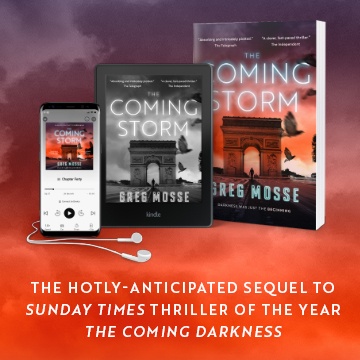
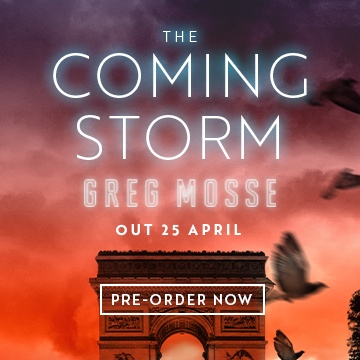

It is very rare that I find anyone else who is even aware of the Quiller books and yet they are as your reviewer mentions, absolutely first class. There’s a humanity to Quiller that is unique in this type of ‘action’ spy thriller. Hall is not trying be a Le Carre, he’s in a different area, one he really makes his own. And he sustains the same high level of quality over the course of nineteen books.
I too read the Quiller novels years ago and found them thrilling and a great middle ground between the super-spy Bond stories and the realism of Le Carre. For my money, the top three cold war spy novelists were Le Carre, Deighton, and Adam Hall.